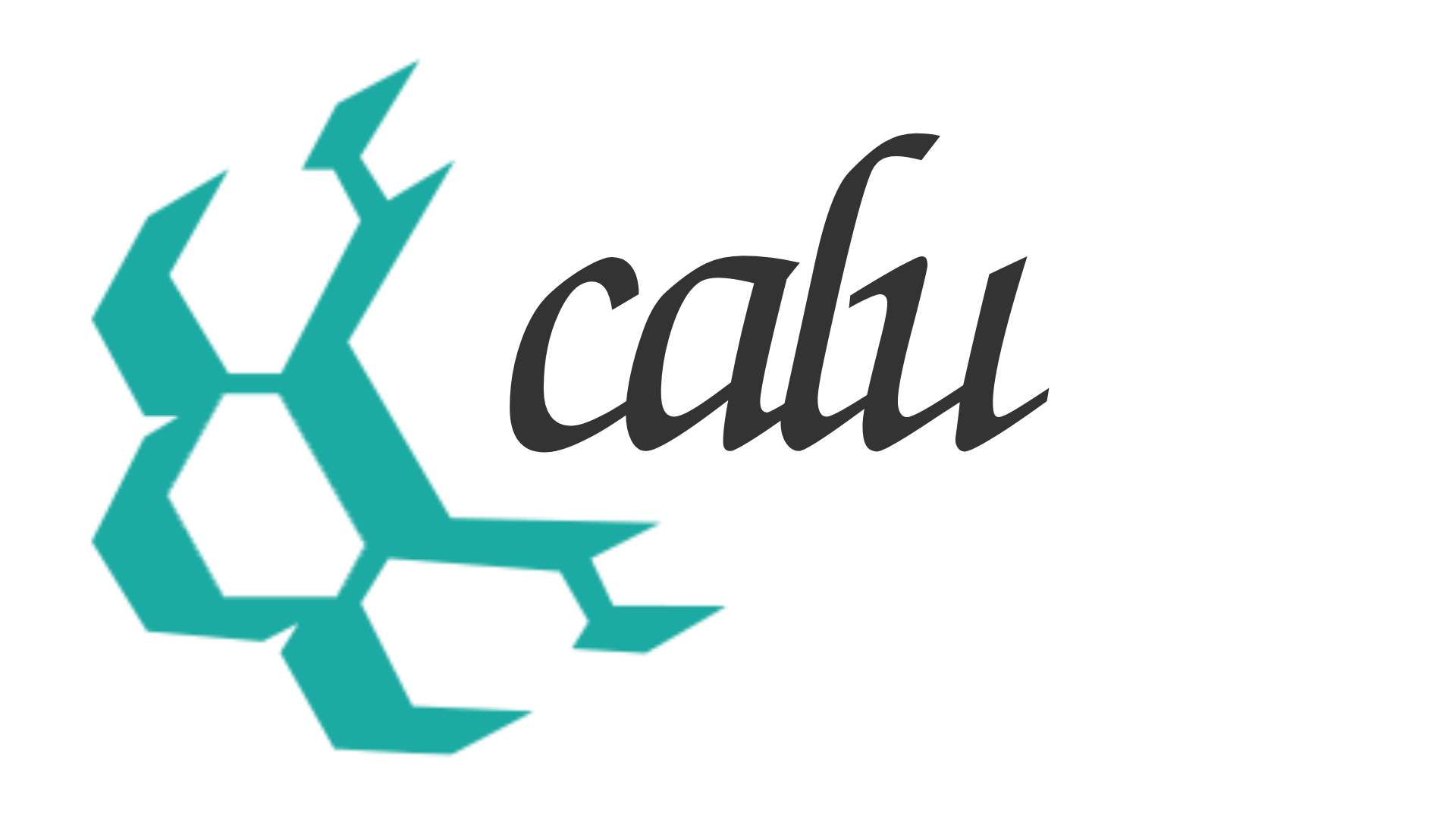CALU Report – The tax treatment of FHSAs on death
This CALU Report summarizes the tax treatment of funds held in a First Home Savings Account (FHSA) on the death of the holder under various scenarios. Download now
CALU Report – Business transfer rules changing in 2024
In this CALU report, Jason Lau and Kenneth Keung from Moodys Tax Law review the new intergenerational business transfer rules relating to section 84.1 of the Income Tax Act that are expected to take effect in 2024. (Members only) Download now
CALU Report – AMT update: New legislation released
This CALU Report on the Alternative Minimum Tax (AMT) updates a previous report and includes a review of the key rules as modified by the August 2023 draft legislation from the Department of Finance. (Members only) Download now
CALU Report – Insurance trusts
A life insurance trust is an effective vehicle for distributing life insurance proceeds in a way that meets the particular needs of both the insured and beneficiaries, with the proceeds benefiting from creditor protection and probate avoidance. In this CALU Report Dianna Flannery reviews the circumstances where a life insurance trust may be used, how to properly establish a life interest trust, as well as related tax and other planning considerations. (Members only) Download the report
CALU Report – Are wealthy Canadians paying their fair share of tax?
In Budget 2022, the federal government committed to examining a new minimum tax regime to ensure that all wealthy Canadians pay their fair share of tax. The 2022 Fall Economic Statement indicated that detailed proposal and path for implementation will be released in Budget 2023, which is now set for March 28th. This CALU Report will review the existing AMT rules and discuss what changes the government might consider in light of its concerns, and in turn helps position CALU to respond to any government proposals. (Members only) Download the report
CALU Report – Inflation and the impact on CPP and OAS
CALU is pleased to announce the release of the latest CALU Report entitled “Inflation and the impact on CPP and OAS” by CALU member Lea Koiv. This article discusses how the design of the CPP and OAS programs not only helps retirees manage inflation risks, but can also significantly influence when to elect to start benefit payments. It also discusses other important plan features that should be kept in mind when helping clients make the important decision on when to commence CPP and OAS benefit payments. (Members only) Download the report
CALU Report – Update on post-mortem pipeline planning
The Tax Court of Canada (TCC) decision in Robillard v. The Queen is a recent example of the tax uncertainty involving a post-mortem pipeline plan that was challenged by the Canada Revenue Agency (CRA). As discussed in this report by Sanjana Bhatia from Sun Life Financial, there continues to be two main uncertainties for those who wish to implement a pipeline strategy. These are: the appropriate timing of the winding-up of the business owner’s corporation, and the repayment terms of the promissory note (or timing of the redemption of preference shares, depending on how the pipeline strategy was implemented) ...
CALU Report – Moving to Canada with a Foreign Insurance Policy: A Case Study (update)
In this February 2019 issue of the CALU Report, it was stated that subsection 70(5.3) provides that for purposes of section 128.1, the FMV of a foreign life insurance owned by a non-resident corporation on the life of shareholder, which corporation subsequently becomes resident in Canada as a consequence of the shareholder becoming a resident of Canada, shall be determined as though the FMV of the life insurance policy on the shareholder’s life was the CSV of the policy immediately prior to immigrating to Canada. However, in a recent CRA technical interpretation provided to CALU, the CRA expressed the ...
CALU Report – Corporate-owned health insurance
In this brand new CALU Report now available for members, author Stuart Dollar of Sun Life Financial discusses the Income Tax Act and its flexibility for life insurance policies allowing them to better meet the business and personal needs of incorporated businesses and their shareholders than health insurance. However, health insurance can meet many business insurance needs that life insurance cannot. (Members only) Download the report
CALU Report – Recent estate planning developments in Canada
In this expert CALU Report now available for members, authors Rachel Blumenfeld and Marni Pernica of Aird & Berlis LLP provide an overview of key legislative changes relating to estates and substitute decision-making laws in Canada and discuss recent case law on beneficiary designations and the presumption of resulting trust,












